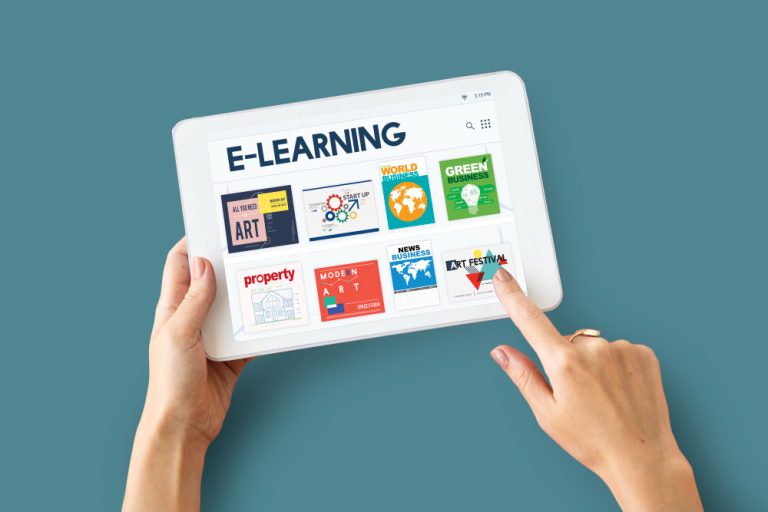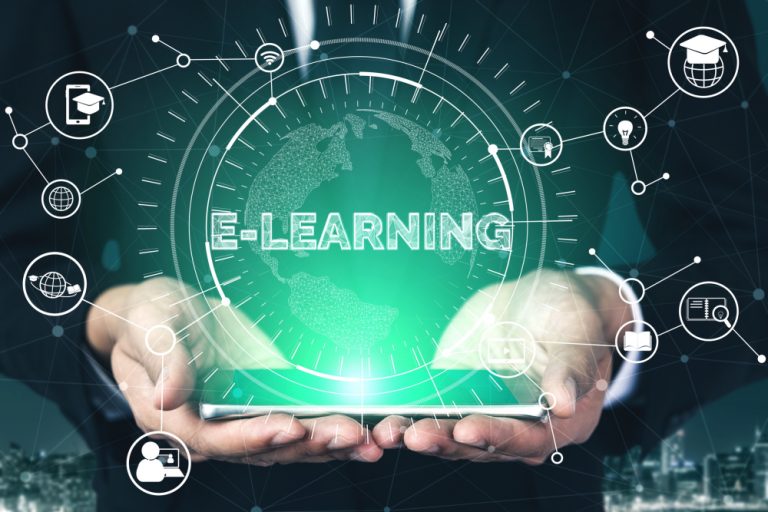
The dynamic landscape of future work is evolving rapidly with significant shifts anticipated by 2030. According to the World Economic Forum’s ‘Future of Jobs Report 2025’, 78 million new jobs are likely to be created while 22% of current job roles face potential decline. This duality in job opportunity necessitates thinking in terms of adaptability and future readiness. Understanding and integrating e-learning as a crucial tool can effectively navigate these changes.
E-learning has become a cornerstone of skill acquisition and education, empowering individuals to transition smoothly into emerging job roles. The flexibility and accessibility of online learning platforms enable professionals to upskill at their own pace, breaking traditional barriers of physical location and time constraints. As industries evolve and embrace digital transformations, the demand for new skills, especially in technology, data analysis, and artificial intelligence, is soaring. E-learning provides these skills efficiently and sustainably, catering to the fast-paced changes in the job market.
The future of work is not only about survival but thriving in a technologically driven economy. Skills such as critical thinking, problem-solving, creativity, and digital literacy rank high among emerging employment landscapes. E-learning platforms are constantly innovating their content to focus on these requisite skills, ensuring that learners are prepared to fill the gaps left by obsolete roles. Alongside technology-focused education, there is also a growing emphasis on soft skills, which continue to hold value in team-oriented workplaces and client interaction.
For professionals facing potential job decline, the transition can be daunting, but e-learning offers a beacon of opportunity for reinvention and growth. By embracing online educational tools, workers can pivot from industries witnessing a downturn to areas with robust growth potential, such as tech development, cybersecurity, and healthcare technology. These roles not only offer job security but also the chance to work in innovative fields shaping the future.
Employers can also play a significant role by facilitating e-learning opportunities for their workforce to remain competitive. By investing in continuous learning and development programs, companies can retain talent and mitigate the disruptions caused by the rapidly changing business environment. Providing access to quality e-learning courses can ensure that employees are not left behind as their job roles transform, and helps bridge the skills gap anticipated by 2030.
Embracing e-learning as part of an organizational culture also promotes a mindset of lifelong learning among employees. This approach fosters an agile and resilient workforce capable of adapting to new technologies and processes without fear of obsolescence. As business models evolve, having a team that is well-versed in both digital tools and new-age problem-solving techniques can propel organizations into leadership positions within their industries.
Overall, navigating the future of work requires strategic planning and an openness to change, where e-learning serves as a critical component. It prepares individuals and organizations to embrace the employment opportunities of tomorrow, ensuring that the job decline can be counterbalanced with skills that meet the demands of a rapidly transforming job market. With technology continuing to usher in new capabilities and efficiencies, e-learning offers a powerful avenue to not just cope but excel in the face of these shifts.



